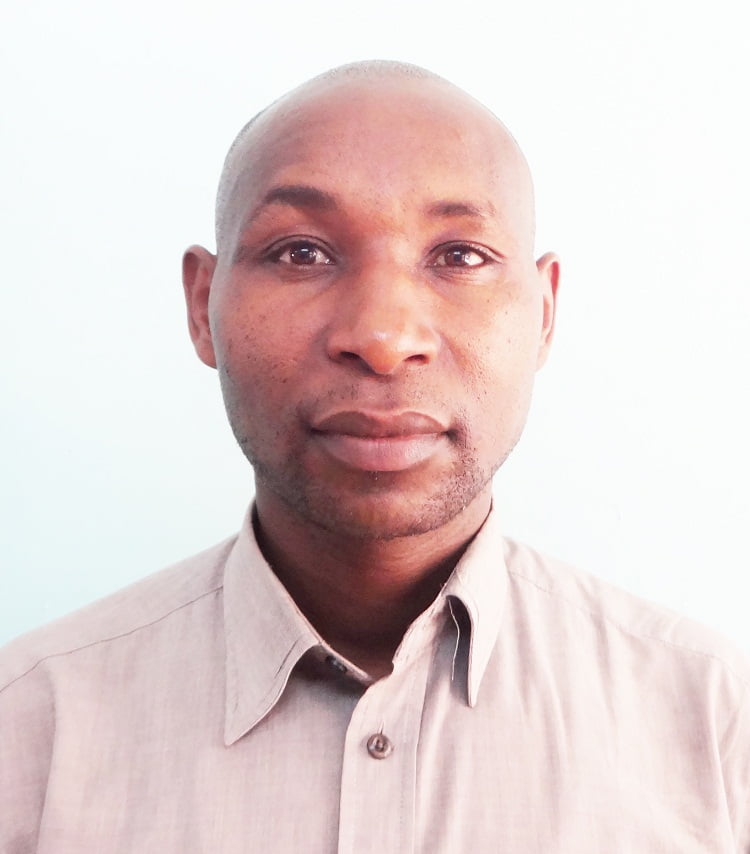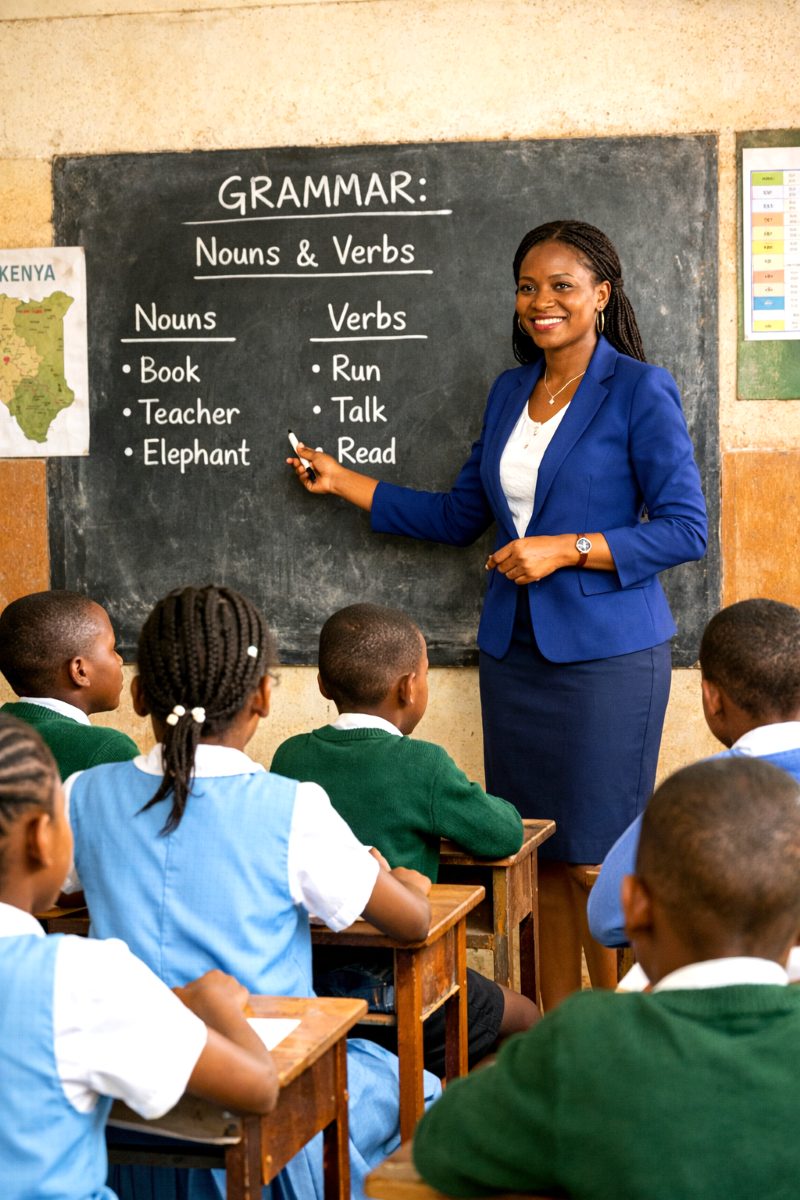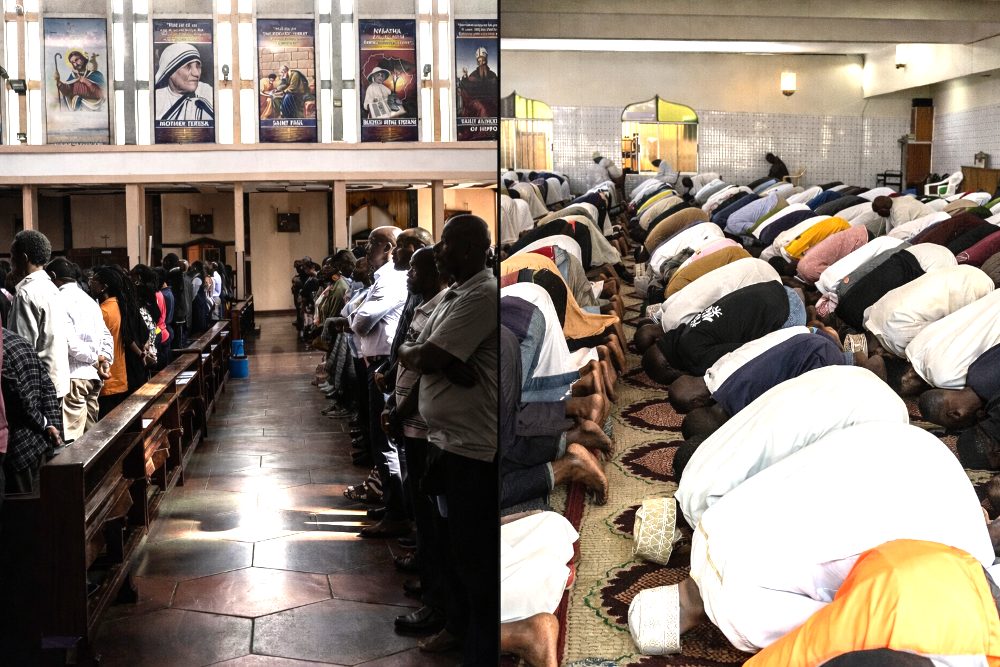By Robert Onsare
robert.onsare@gmail.com
Writing deficiencies are a common phenomenon among the graduates across the world, one research observes. This has necessitated an investigation on the merits of cross – disciplinary writing.
“Involving teachers from every discipline in teaching writing offers a workable means of improving the quality of student writing,” says Dr. Judith Nembhard of Howard University.
‘However, to implement such a program, educators must clearly understand the goal of writing across the curriculum,’ thus, it should extend to the use of language more widely rather than simply more correctly.
To many educators, good writing means grammatical correctness, Nembhard says. “They think of writing in terms of subject – verb agreement, verb –tense consistency, and knowing when to use who and whom. They want every comma and semicolon in its place.”
Notwithstanding this concerns are obviously important, she says they are not of first – level importance in the teaching of writing. “Concentrating on them will obscure the real purpose for writing.”
The goal of writing is to communicate effectively and efficiently, the don says, adding: “The sooner everyone understands this, the easier will be task of developing a successful program of writing across the curriculum.”
She argues that placing clarity, logical development, and careful thinking ahead of correctness by no means signals anew permissiveness in English classroom. “Correct grammar matters; it is a sign of literacy among adults as well as youth. However, teaching grammar skills is still the English teacher’s job, not a task for other faculty.
Teachers in other disciplines should not be expected to teach students grammar or to make it the central focus of written work they assign; they should simply hold students responsible for knowing and using it well.”
When students find that their grade in chemistry, biology, history and geography among others is affected by their knowledge of grammar skills, they will use greater care and attention when writing for those courses. However, the instructional supervisor of English says “a program of cross – disciplinary writing will have wider appeal to faculty if they understand that teaching writing means teaching their disciplines, not grammar and mechanics.”
She further points that today we know a great deal about writing as a process. “We know that students’ writing growth comes, not from an accumulation of skills, but through their experiencing writing in all its interactive stages. They need to do rehearsing or prewriting, drafting, and revising or reshaping.”
Through frequent practice, and with guidance from their teachers, students come to understand and follow these stages, learning how to be patient as their skills mature. Frequency in practicing process is essential to the process of every good writer, Donald Murray says in his book Eight Approaches to Teaching Composition.
Thus, in writing across the curriculum, with every teacher proving ample opportunity for students to write, students’ writing competence, as well as their confidence, has a chance to grow.
In The Development of Writing Abilities by James Britton it is pointed out that at the art of successful writing program lies the idea that writing promotes learning. This is probably the most forceful argument in favour of cross – disciplinary writing. The initial concepts for this view point originated with British educator Britton, whose extensive research and resulting theories sparked the movement in his own country and energized effort in the United States as well as the rest of the embracing the light.
We use what the Britton calls “expressive” language to objectify our perceptions of reality. This use of language helps us to order experience and knowledge and to make it represent our own understanding.
Thus, Nembhard says “language becomes a tool for discovering meaning and shaping ideas in such a way as to communicate that meaning to others. Writing, then, helps students work through information to arrive at “new knowledge.””
James Howard, author of writing – to – learn program for schools says “Writing is an essential means of learning, and the best reason for writing in schools is to learn.” This concurs with Janet Emig’s assertion that “writing is a mode of learning” in her book College Composition and Communication.
From this perspective, writing itself, rather than mechanics and grammar, becomes the focus of our effort to establish a program in writing across the curriculum, says Nembhard. “Teachers from all disciplines must be persuaded of the truth of this central concept – that writing promotes learning – before they will devote time and effort to provide worthwhile writing assignments for their students.”
To consolidate this argument the book Eight Approaches to the Training of Composition by Robert Weiss says students and teachers must understand that “a writing regimen is a learning regimen.” Hence need to promote a vigorous writing program for all students.
Learning through writing and learning the subject being written about are interrelated acts. Teachers understand this; one mathematics teacher in an academy gives assignments that require his students to provide written explanations. He recognizes that students grasp the concepts involved more easily after they have written them out.
“Good writing assignments can and should help students to think logically, to recognize relationships among ideas, and to synthesize thought,” Nembhard says. “Once teachers grasp the value of writing from in this context, they will make a commitment to helping students extend their capacity to think and reason.”
Writing is a complex developmental process. At every stage of writing development students need reinforcement. The book The Development of Writing Abilities notes that students’ writing competencies decline, no matter how well it is developed in English courses, if adequate opportunities do not exist for them to practice writing in other subjects. Students must write in every course; this gives them the opportunity for growth throughout the curriculum.
The Writer is a trainer at Kisii National Polytechnic, Electrical and Electronics Engineering Department and a post graduate student at Multimedia University of Kenya and Kisii University.






